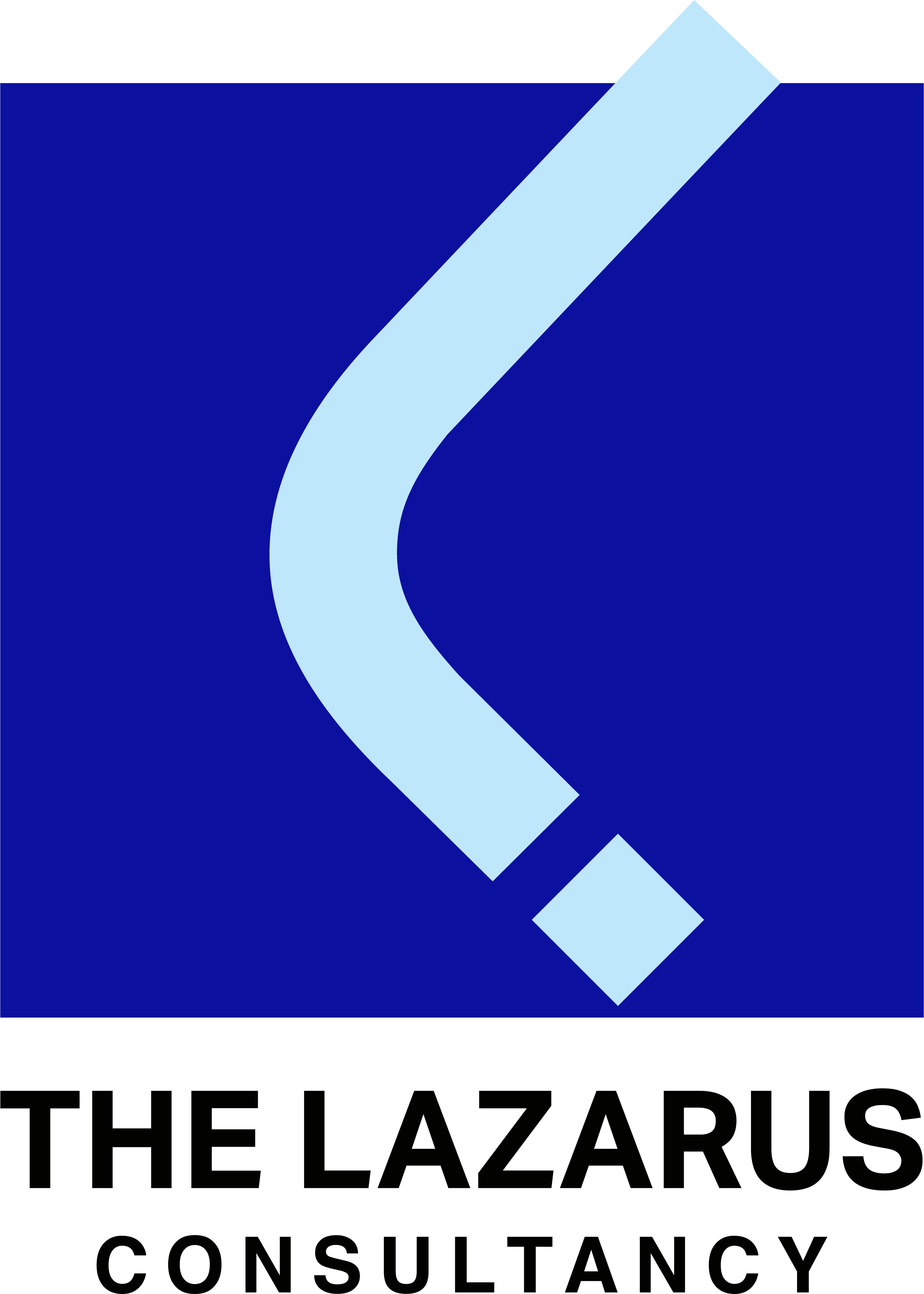7 questions to ask your clients before you start coaching them
To be a successful professional coach, it’s really important that your clients get full value for their time and financial investment. One way to start the relationship in a positive way is to ask your client to come to the first session having already done some focussed thinking.
In this video, you’ll learn about the 7 questions that I ask almost all of my clients before the first session, so that they arrive ready and motivated and I have a sense of how to start the coaching.
Remember the one key question to ask yourself; compared to other coaches, are you qualified enough and credible enough in the eyes of your prospective clients? To find out a little more, click here.
Transcript of the video
Modified slightly for readability (the way I speak is somewhat less formal than the way I write!)
Hi, I'm Jeremy Lazarus. Welcome to this video.
I'm going to be covering seven questions that I always ask my clients before the very first coaching session, before I start working with them. If you're a professional coach you might find this useful. Equally if you're a line manager who's taking a coaching approach with your team you may find some, if not all, of these questions useful.
The first question is, 'What do you want? What are your goals? What do you want to achieve?' Obviously it's important for you as the coach to know what your client or your colleague wants and it's certainly important for them to know.
The second question is, 'How will you know when you've achieved it?' So first one is, 'What do you want?', the second is, 'How will you know when you've achieved it?' Sometimes those questions are awfully obvious, and sometimes they can give greater distinctions and greater clarification and clarity as to what the goal really is.
The third question is, 'What will achieving this goal get for you or allow you to do? How will it benefit you?' This can often provide an insight to them, and to you, about the goal beyond the goal and it certainly can improve or increase motivation to actually achieve it.
The fourth question to ask is, 'What are the positive consequences for you of achieving the goals and the benefits of the goals?', i.e. the answers to questions one and three, what are the positive consequences for you, the client?' Now, you may find that some of the replies are similar to what has already been answered, and again you may find there's a greater clarity or motivation because the client is really clear what the positives are for them.
The fifth question is, 'What if any are the negative consequences?' It's important that you, as the coach, know if there are any negatives and what they are; let me give an example. I was coaching a triathlete several years ago, a very successful lady; she was had a very good career, she had a good relationship, a big social life and she wanted to run the Ironman in a in a really excellent time. For those of you don't know, the Ironman takes place once a year in Hawaii. It finishes with a marathon! So they do a 2.4 mile swim, 112 mile bike ride and then a marathon, and takes about ten hours to do. So you can imagine the amount of training that's required to do that in a good time. For her she realized that in achieving her goal there would be some negatives, for example she wouldn't be able to devote as much time to her work, she wouldn't be able to devote as much time to her partner or to her friends and people in her social circle. In realizing that, she was able to make some adjustments to her life. She spoke to her boss and they agreed that she could go to a four-day week temporarily as long as she got the key bits of work done. She spoke to her partner who also happened to be a triathlete; they agreed to do some of the training schedules together (so that they would at least see each other!), and she spoke to her friends and said, 'I'm not going to see much of you for the next few months; when I get back from Hawaii we'll go out for a big celebration,' and of course her friends, who really loved her and wanted her to succeed, were fine with that. So whilst there were some (in theory) negatives, the fact that we both knew about them meant that I could support her to take action to overcome or mitigate those negatives so they didn't get in the way of her achieving what she really wanted to achieve.
Question number six is, 'What has stopped you or what could or might stop you from achieving this goal?' This is really useful because it can give you an insight as to some of the thinking the client may have about that goal, maybe they've got some limiting beliefs or maybe there are some really practical challenges. Whatever it might be, it can help you as the coach to help your client to overcome any real or perceived blocks or challenges and therefore it would mean your client or colleague would be more likely to achieve the goal.
The final question is, 'What would you like from me as your coach? For example, do you want me to hold you to account? Do you want me to encourage you? What do you want from me?' The answer to this question gives you (the coach) some kind of insight as to how best to approach the client. So there you are, the seven questions; my tip, certainly if you are a professional coach, is to ask each of these before you start working with your client. If you're a line manager, use the questions that you would find useful.
Please subscribe if you would like to
- stay informed of our videos and blog posts as soon as we publish them
- be eligible for our special offers, available only to people on our mailing list






